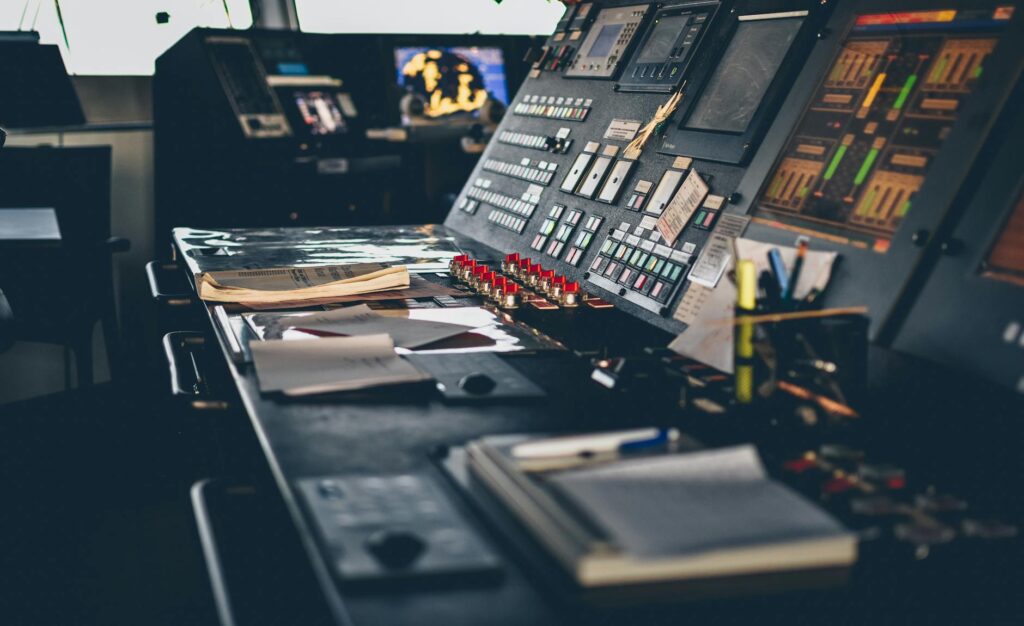What is distraction management systems?

What is distraction management systems?
In today’s fast-paced world, staying focused can be incredibly challenging. Enter distraction management systems, designed to help us cut through the noise and enhance our productivity. These systems are essential in our quest for efficiency, enabling us to concentrate on what’s truly important. But what exactly are distraction management systems, and how can they revolutionize your daily routine?
Understanding Distraction Management Systems
Distraction management systems are tools or strategies that help individuals minimize interruptions in their work or study environments. Their primary purpose is to improve productivity by keeping distractions at bay.

Photo by Ibrahim Boran
Definition and Key Features
At their core, distraction management systems are designed to help users maintain focus by blocking or limiting access to distracting websites and apps, providing analytics on time usage, and facilitating concentrated work sessions. Applications like Freedom and Cold Turkey Blocker are popular choices for system-wide distraction blocking. These systems can track your productivity patterns, offering insights into how you spend your time and where improvements can be made.
The Role of Technology in Distraction Management
Modern technology plays a pivotal role in distraction management. With the rise of apps and software solutions, we now have the tools needed to block distractions across devices. From apps that limit social media usage to those that enforce work-only modes, technology enables us to customize our environments for maximum productivity. This guide offers strategies to manage digital distractions effectively.
Benefits of Implementing Distraction Management Systems
Distraction management systems offer numerous benefits that extend beyond mere productivity boosts. They can transform how we manage both our personal and professional lives.
Improved Focus and Concentration
These systems are designed to help users channel their attention toward their tasks. By reducing digital clutter, they minimize the mental load, allowing for more profound focus and engagement in tasks. The UNC Learning Center shares strategies for managing distractions, which can be particularly useful for students and professionals alike.
Enhanced Time Management
Time is a finite resource, and distraction management systems help us make the most of it. By providing analytics and insights into our work habits, these tools enable better allocation of time, ensuring we spend our hours on high-priority tasks. Apps like Freedom offer scheduling features that can automate distraction-free periods throughout the day.
Support for Work-Life Balance
Striking a balance between work and personal life is crucial for overall well-being. Distraction management systems not only help maintain boundaries but also reduce stress and promote healthier habits. By creating a clear divide between work and relaxation, these tools support mental health and prevent burnout. More insights on achieving a balance can be found in articles on attention management.
Strategies for Effective Use of Distraction Management Systems
To maximize the benefits of distraction management systems, it’s essential to implement them effectively. Here are some actionable tips to get started.
Selecting the Right System for Your Needs
Choosing the right distraction management system depends on your specific needs. Consider factors like the nature of your work, the type of distractions you face, and your technological preferences. Research different apps and software solutions to find the one that best aligns with your goals. Articles like this one can offer guidance on finding the right fit.
Integrating the System into Daily Routines
Once you’ve selected a system, the next step is to integrate it seamlessly into your daily routine. Start by setting clear goals for what you want to achieve, and use the system to support those objectives. Regularly review your progress and adjust settings as needed to maintain efficiency and focus.
Challenges and Limitations of Distraction Management Systems
While these systems are invaluable tools, they are not without their challenges. Being aware of these can help you navigate potential hurdles.
Over-Reliance on Technology
One of the risks of using distraction management systems is becoming too dependent on technology. It’s crucial to remember that while technology can aid productivity, it shouldn’t replace personal discipline and responsibility. This balance is essential to avoid becoming overly reliant on external tools.
Adaptability to Individual Work Styles
Not all systems are one-size-fits-all. Personalizing tools to fit your unique work style is vital for effectiveness. Consider your specific needs and preferences when setting up your distraction management system to ensure it supports rather than hinders your productivity.
Conclusion
Distraction management systems are powerful allies in our quest for focus and productivity. By reducing interruptions and facilitating a more structured work environment, they help us achieve our goals with greater efficiency. As you explore these tools, consider how they can enhance your productivity and support a balanced lifestyle. The journey to improved focus begins with the right tools—start exploring how distraction management systems can transform your work and life today.